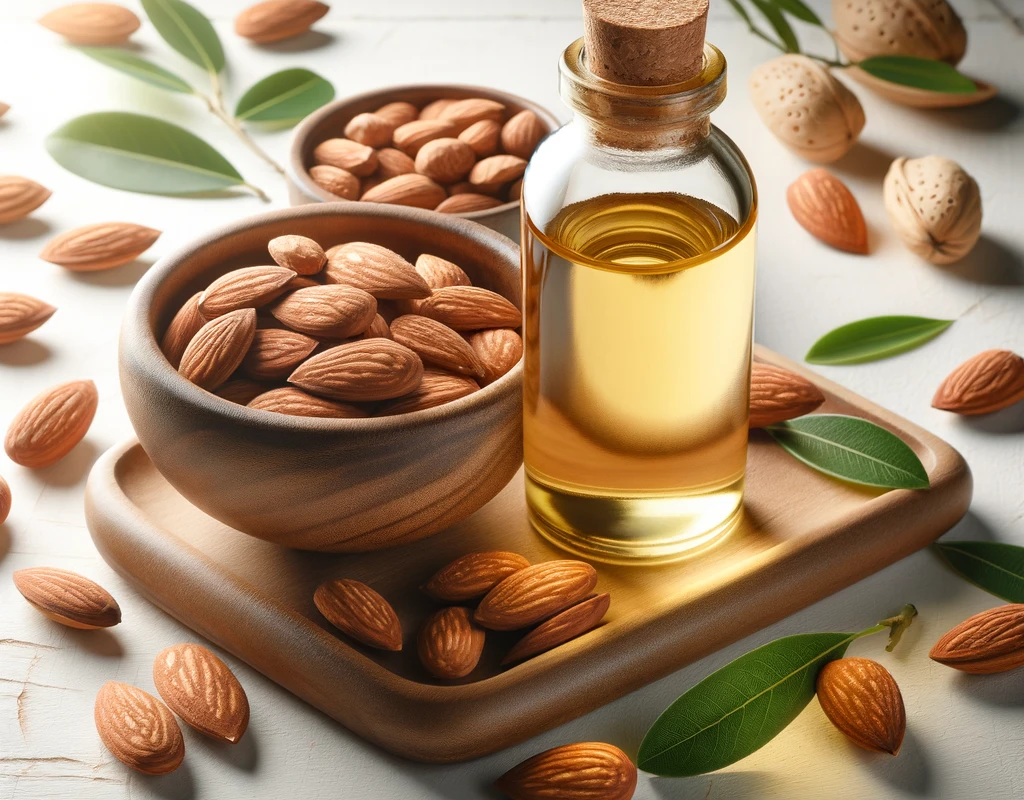Peanuts, a humble legume, pack a powerful nutritional punch. Despite their small size, peanuts have emerged as a superfood in the nutritional world, offering a plethora of health benefits. This section aims to introduce the reader to the vast array of advantages that peanuts offer, from their rich nutritional content to their role in promoting overall health and well-being. As we embark on this exploration, we will discover why peanuts are not just a snack, but a health-promoting powerhouse.
1. Nutritional Profile of Peanuts
- Nutrient-Rich Powerhouse Peanuts are a treasure trove of nutrients. Rich in essential vitamins and minerals, they are an excellent source of biotin, copper, niacin, folate, manganese, vitamin E, thiamine, phosphorus, and magnesium. This combination of nutrients contributes to various health benefits, making peanuts a valuable addition to any diet. Moreover, peanuts contain a significant amount of protein, making them a popular choice among vegetarians and vegans for their protein needs.
- Health Benefits and Risks The health benefits of peanuts are extensive. They are known for their heart-healthy properties, primarily due to their high levels of monounsaturated and polyunsaturated fatty acids, which help manage cholesterol levels. Regular consumption of peanuts has been linked to a reduced risk of heart disease. Additionally, the presence of antioxidants in peanuts, like resveratrol, aids in fighting oxidative stress, thus potentially reducing the risk of chronic diseases. However, it is important to note that peanuts can pose allergy risks to some individuals, and consumption should be mindful of this.
2. Peanuts in Diet and Weight Management
- Role in Weight Management Contrary to popular belief, peanuts can be beneficial in weight management. Their high fiber and protein content contribute to a feeling of fullness, reducing the overall calorie intake. This satiating effect can be a valuable tool in weight control strategies. Studies have shown that moderate peanut consumption does not contribute to weight gain, and can, in fact, aid in maintaining a healthy weight.
- Impact on Blood Sugar Levels Peanuts have a low glycemic index (GI), which means they have a minimal impact on blood sugar levels. This makes them an excellent dietary choice for individuals managing diabetes or those trying to prevent the onset of type 2 diabetes. The slow release of glucose from peanuts into the bloodstream ensures a steady energy supply without the spikes in blood sugar levels associated with high GI foods.
3. Mental Health and Cognitive Function
- Brain Health and Cognitive Benefits Peanuts also offer benefits for mental health and cognitive function. The presence of niacin in peanuts has been linked to a reduction in the risk of cognitive decline, including diseases like Alzheimer’s. Additionally, peanuts are a source of healthy fats and vitamin E, both of which are known to support brain health. Regular consumption of peanuts may contribute to improved memory and cognitive abilities, making them a valuable addition to a brain-healthy diet.
- Mood Enhancement The amino acid tryptophan, found in peanuts, plays a role in the synthesis of serotonin, a neurotransmitter that helps regulate mood. Increased serotonin levels can lead to improved mood and a potential reduction in the risk of depression. Peanuts, therefore, can be a natural way to boost one’s mood and contribute to overall mental well-being.
4. Peanuts and Heart Health
- Cardiovascular Benefits Peanuts’ contribution to heart health is significant. The monounsaturated and polyunsaturated fatty acids found in peanuts help lower bad cholesterol (LDL) levels while maintaining good cholesterol (HDL). This lipid-modifying effect reduces the risk of atherosclerosis, a major contributor to heart disease. Additionally, the presence of antioxidants like resveratrol in peanuts further strengthens heart health by protecting against oxidative stress and inflammation, two key factors in heart disease development.
- Impact on Blood Pressure Peanuts also play a role in regulating blood pressure. Magnesium, found abundantly in peanuts, is known for its vasodilating properties, helping to lower blood pressure. Regular consumption of peanuts can contribute to maintaining a healthy blood pressure level, which is crucial for preventing heart attacks and strokes. This effect, combined with their low sodium content when unsalted, makes peanuts an excellent dietary choice for cardiovascular health.
5. Digestive Health and Peanuts
- Fiber Content and Digestive Benefits The high fiber content in peanuts is beneficial for digestive health. Fiber aids in the smooth movement of food through the digestive tract, preventing constipation and promoting regular bowel movements. Additionally, a diet rich in fiber from sources like peanuts can reduce the risk of digestive disorders such as colon cancer and diverticulitis. The fiber in peanuts also serves as a prebiotic, feeding beneficial gut bacteria and promoting a healthy gut microbiome.
- Nutrient Absorption and Gut Health Peanuts are not only rich in fiber but also contain healthy fats, which aid in the absorption of fat-soluble vitamins like A, D, E, and K. This aspect of peanuts ensures that when consumed as part of a balanced diet, they can enhance the body’s ability to absorb and utilize these vital nutrients, contributing to overall gut health.
6. Peanuts in Disease Prevention
- Reducing Risk of Chronic Diseases The regular inclusion of peanuts in the diet has been associated with a reduced risk of certain chronic diseases. For instance, the antioxidants in peanuts, such as resveratrol, have been linked to a lower risk of cancer due to their ability to neutralize free radicals in the body. Furthermore, the low glycemic index of peanuts makes them beneficial for diabetes prevention and management, as they help regulate blood sugar levels.
- Anti-inflammatory Properties Peanuts have anti-inflammatory properties, which are crucial in the prevention and management of chronic diseases. Chronic inflammation is a root cause of many diseases, including heart disease, diabetes, and arthritis. The bioactive compounds in peanuts can help reduce inflammation in the body, thus lowering the risk of these conditions.
Conclusion
The benefits of peanuts extend far beyond their popular role as a snack. Their rich nutritional profile, impact on heart health, benefits for weight management and blood sugar control, positive effects on mental health and cognitive functions, contribution to digestive wellness, and role in disease prevention position them as a superfood in the truest sense. Incorporating peanuts into a balanced diet can lead to improved overall health and well-being, making them a valuable addition to any nutritional plan.




